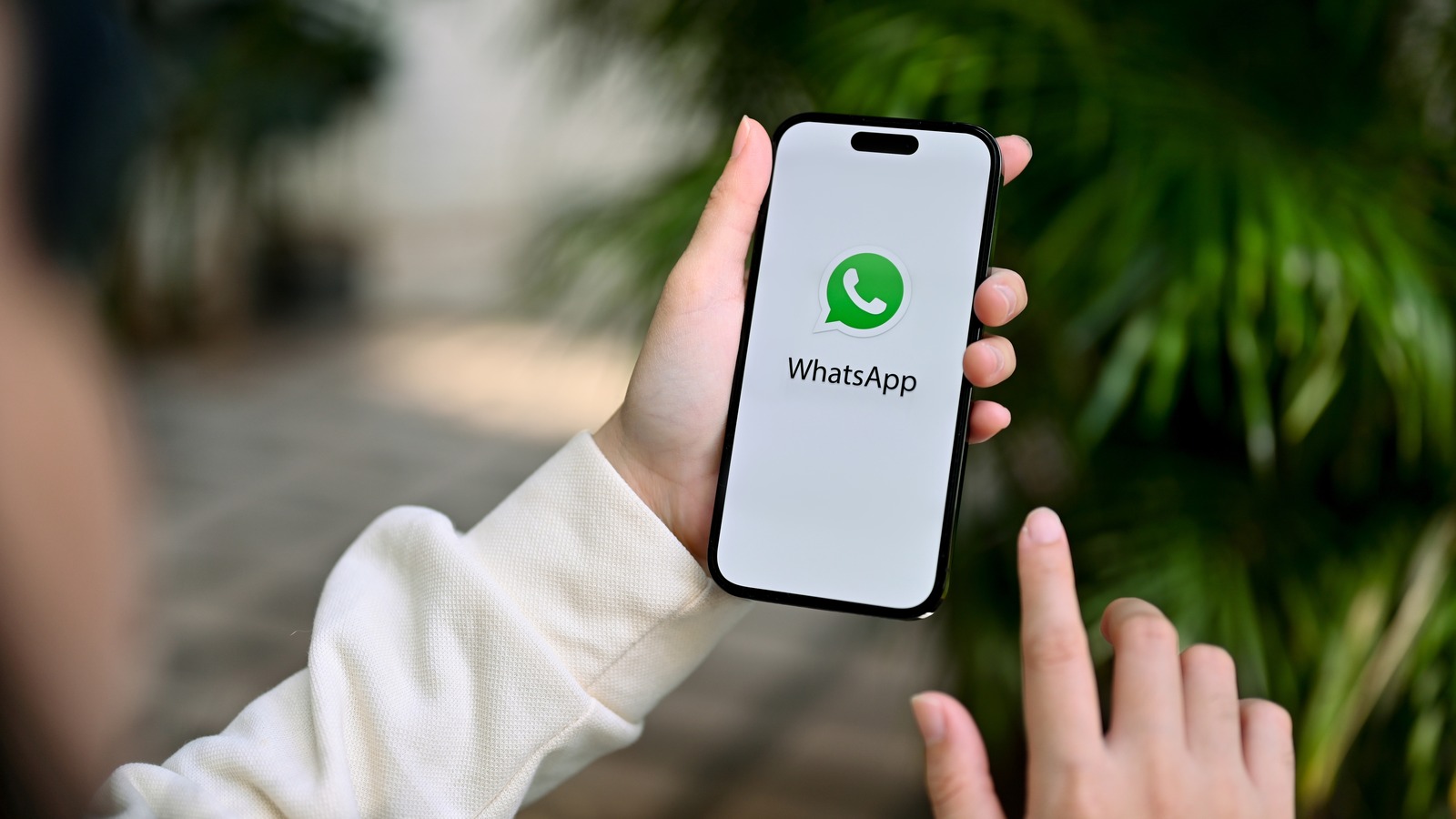
WhatsApp has a fascinating history that dates back to its founding in 2009 by Jan Koum and Brian Acton. Initially, WhatsApp was envisioned as a simple messaging platform, allowing users to send text messages over the internet. It quickly gained popularity due to its user-friendly interface and cost-effectiveness, enabling users to bypass traditional SMS charges.
In its early years, WhatsApp saw significant growth in its user base, and by 2013, it had amassed over 200 million active users worldwide. This remarkable success attracted the attention of venture capital firm Sequoia Capital, which invested $50 million in the company to further its expansion.
One of WhatsApp’s most critical turning points occurred in 2014 when social media giant Facebook (now known as Meta) acquired the messaging app for a staggering $19 billion. This acquisition brought immense resources and expertise into WhatsApp’s fold, fueling its growth and global outreach. However, the acquisition also sparked concerns over data privacy and potential changes to the app’s principles.
Despite its success, WhatsApp faced its fair share of challenges. It encountered controversies over data sharing with Facebook, raising concerns about user privacy and data security. Additionally, the app struggled with misinformation and extremist activities being propagated through its platform. Despite these challenges, WhatsApp continued to thrive, and in 2023, it boasts an impressive user base of over 2.5 billion people worldwide, cementing its position as the most popular messaging app globally.
Stay connected with us on social media platform for instant update click here to join our Twitter, & Facebook
We are now on Telegram. Click here to join our channel (@TechiUpdate) and stay updated with the latest Technology headlines.
For all the latest Entertainment News Click Here
